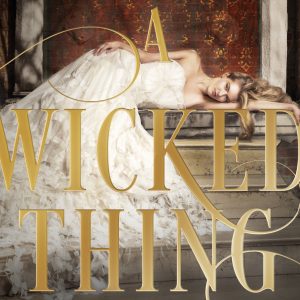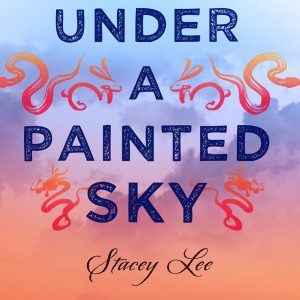Emily Easton at Crown Books for Young Readers has won, at auction, Scott Reintgen’s debut science fiction young adult trilogy beginning with THE BLACK HOLE OF BROKEN THINGS. In the novel, a Detroit teen accepts an interstellar space contract only to realize the promised millions must be won in a brutal competition where winners face the ultimate choice—take the money and become pawns in the corporation’s sinister plans or find a way to fight that won’t forever compromise their humanity. Publication is scheduled for 2017. Kristin Nelson at Nelson Literary Agency brokered the mid-six figure deal for North American rights.
To celebrate Scott’s awesome news, I’m delighted to share with my blog readers Scott’s original query letter that landed me as his agent and resulted in an auction for a mid-6 figure young adult book deal.
Date: July 1, 2015 at 1:58:01 AM MDT
To: querykristin@nelsonagency.com
Ms. Nelson:
I have the highest respect for you and how you represent your clients. After looking through your submission guidelines, I felt that my novel might be a good fit for your list. Thank you for your time and consideration.
THE BABEL FILES [title was changed for the actual submission to editors] is a completed, YA science fiction book of 83,000 words. Readers familiar with Pierce Brown’s Red Rising or Fonda Lee’s Zeroboxer will find similar elements in my work. I do feel one of the most important features of this novel is the focus it has on a main character who is a PoC. Having worked in urban schools my entire career, I so often find my students have little to no representation in these types of books. I was hoping to give them an opportunity to see themselves, vibrant and on the page and victorious. To this end, I followed advice I received from author Mary Anne Mohanraj at the World Fantasy Convention. She suggested I seek readers of a diverse background in the beta process. I did just that and was incredibly pleased at the response to Emmett’s authenticity and relevance.
Emmett Atwater isn’t just leaving Detroit; he’s leaving Earth. Why Babel recruited him is a mystery, but the number of zeroes on their contract has him boarding their lightship and hoping to return to Earth with enough money to take care of his family, forever.
As he and nine other teenagers wormhole their way through space, Emmett discovers the promised millions aren’t a guarantee. Each recruit must earn the right to travel down to Eden. There, Babel will use them to mine a substance that’s quietly become the most valuable in the world. Emmett’s year-long flight will act as a competition. Every training session is measured, every point matters, and Emmett will do anything to win. But Babel’s ship is full of secrets. Secrets about the volatile substance they’re hoping to mine, about the reclusive humanoids already living on Eden, and about their true intentions for the kids that don’t win their competition. As Emmett uncovers the truth, he realizes he’s not fighting for wealth or glory, he’s fighting for his life.
I am a 10th grade English and Creative Writing teacher who has spent years sharing my favorite science fiction and fantasy novels with my students, and I’ve started writing stories with them in mind. THE BABEL FILES is my third completed novel, and the first in a science fiction trilogy. I have included sample pages below for your consideration. I look forward to your response.
All best,
Scott Reintgen










